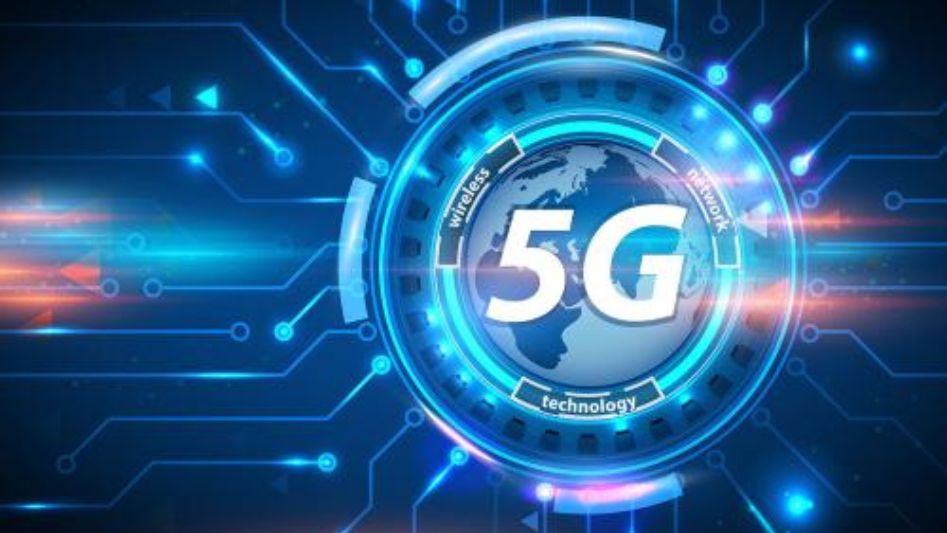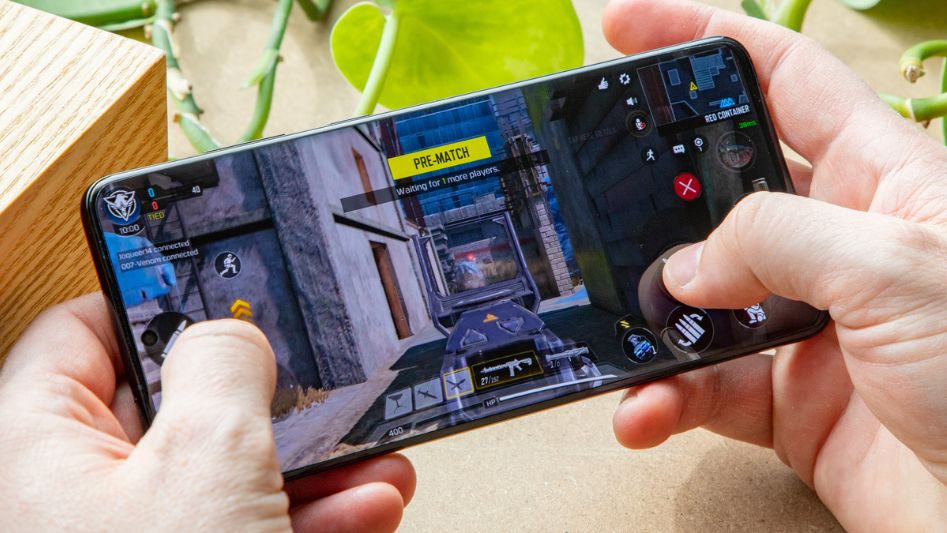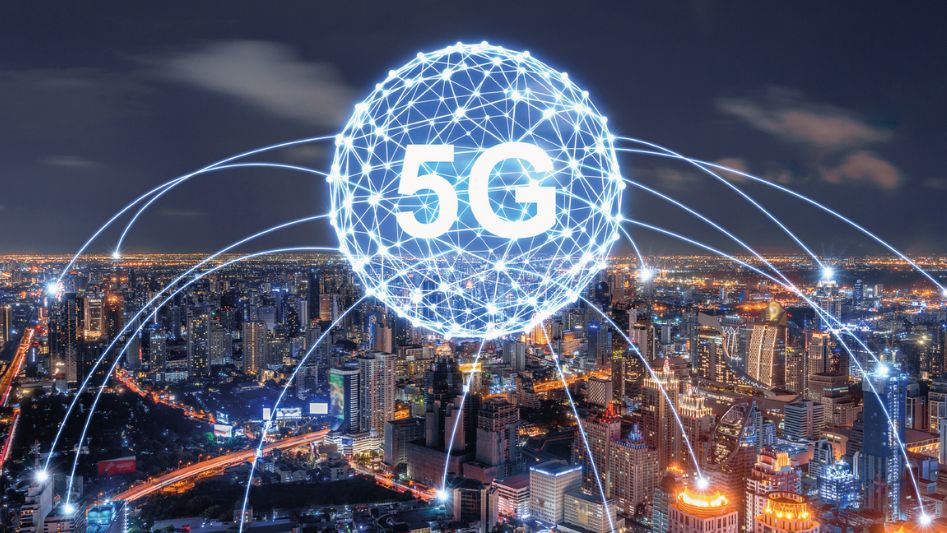The fifth generation of wireless technology, 5G, has been eagerly awaited for its potential to revolutionize mobile connectivity. 5G promises to deliver faster speeds, greater bandwidth, lower latency, and improved security, among other benefits. This article will explore what to expect from 5G technology and its impact on the future of mobile connectivity.
Table of Contents:
We invite you to read: “BLOCKCHAIN BEYOND CRYPTOCURRENCY: EXPLORING THE POTENTIAL OF DISTRIBUTED LEDGER TECHNOLOGY”

Speed and Bandwidth
One of the most significant improvements with 5G technology is its faster download and upload speeds. Theoretical peak download speeds of 20 Gbps have been achieved, which is 20 times faster than 4G. This speed will enable users to download and upload large files, such as high-definition videos, almost instantly.
5G also offers greater bandwidth for more devices, allowing for more connected devices on the network. This feature will be especially important for the Internet of Things (IoT) and smart cities, where a large number of devices will require connectivity.
Latency
Low latency is another key benefit of 5G technology. Latency refers to the time it takes for data to travel from one device to another on the network. With 5G, latency can be reduced to 1 millisecond, which is 10 times faster than 4G.
This decrease in latency will be crucial for real-time applications such as virtual reality, augmented reality, and gaming. It will also have applications in self-driving cars and remote surgeries, where any delay could be life-threatening.
We invite you to read: “THE RISE OF THE INTERNET OF THINGS: HOW CONNECTED DEVICES ARE TRANSFORMING OUR WORLD”

Network Architecture
5G networks will have a significant impact on the architecture of mobile networks. There will be a shift towards virtualization and software-defined networking, which will enable more flexible and scalable networks. Edge computing will also play a role in the network, allowing for more processing to be done at the edge of the network rather than in centralized data centers.
These changes will allow for greater network flexibility and scalability, making it easier for businesses to deploy new services and applications.
Security and Privacy
Security will be a critical issue in the 5G era, given the number of connected devices and the potential for cyber attacks. 5G networks will have new security features, such as encryption and network slicing, to prevent attacks.
However, there are also concerns over privacy and data protection. With more devices connected to the network, there will be more data generated and transmitted, raising concerns over how this data is collected, stored, and used.
We invite you to read: “THE ETHICAL IMPLICATIONS OF AI”

Conclusion
5G technology promises to bring significant improvements to mobile connectivity. It will deliver faster speeds, greater bandwidth, lower latency, and improved security. However, there are also challenges to overcome, such as ensuring privacy and data protection and addressing potential concerns over the impact of 5G on health and the environment.
Businesses and consumers will need to adapt to the changes brought by 5G technology. For businesses, it will be an opportunity to innovate and develop new services and applications that take advantage of the capabilities of 5G networks. For consumers, it will mean faster and more reliable connectivity, enabling them to access new experiences and services.
FAQ
What is 5G technology?
5G is the fifth generation of wireless technology that promises to bring significant improvements to mobile connectivity, including faster speeds, greater bandwidth, lower latency, and improved security.
How is 5G different from 4G?
5G is significantly faster than 4G, with theoretical peak download speeds of 20 Gbps. It also offers greater bandwidth for more devices and lower latency for real-time applications.
What are the potential applications of 5G technology?
5G technology has a wide range of potential applications, including virtual reality, augmented reality, gaming, self-driving cars, remote surgeries, smart cities, and the Internet of Things.
Are there any concerns about 5G technology?
There are concerns about the potential impact of 5G on health and the environment, as well as the collection, storage, and use of data generated by the large number of connected devices on the network. However, 5G networks also have new security features to prevent cyber attacks.
You May Also Like
- HOW AI IS TRANSFORMING THE BUSINESS LANDSCAPE
- IOT AND PRIVACY: BALANCING THE BENEFITS AND RISKS OF CONNECTED DEVICES
- THE TOP 5 IOT TRENDS TO WATCH IN THE COMING ERA
- THE IMPACT OF AI ON SOCIETY
- THE FUTURE OF AI: WHAT TO EXPECT


Recent Comments